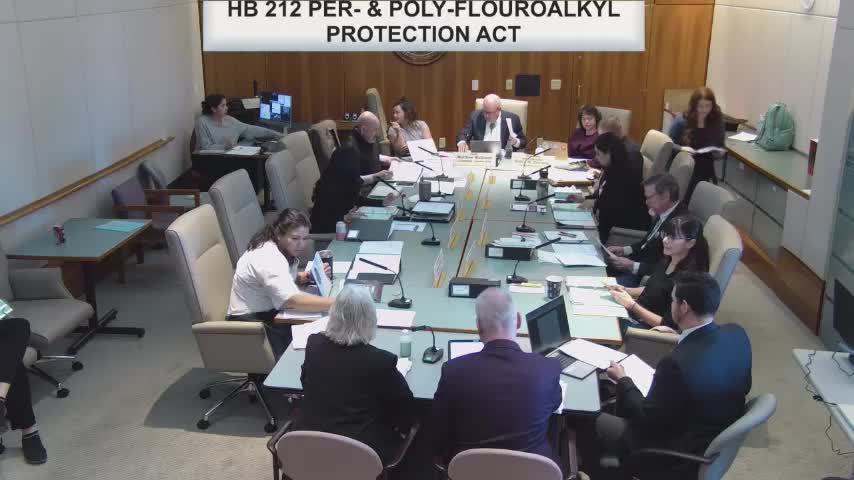Article not found
This article is no longer available. But don't worry—we've gathered other articles that discuss the same topic.
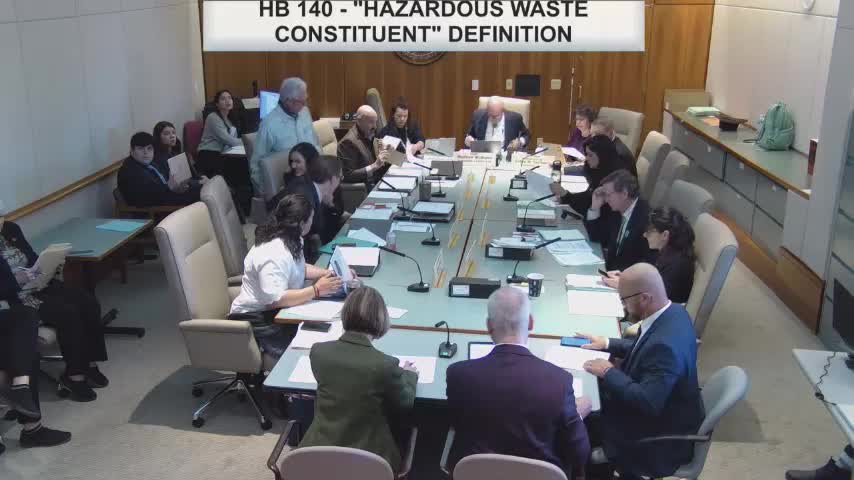
Committee advances bill letting New Mexico list hazardous waste constituents including PFAS
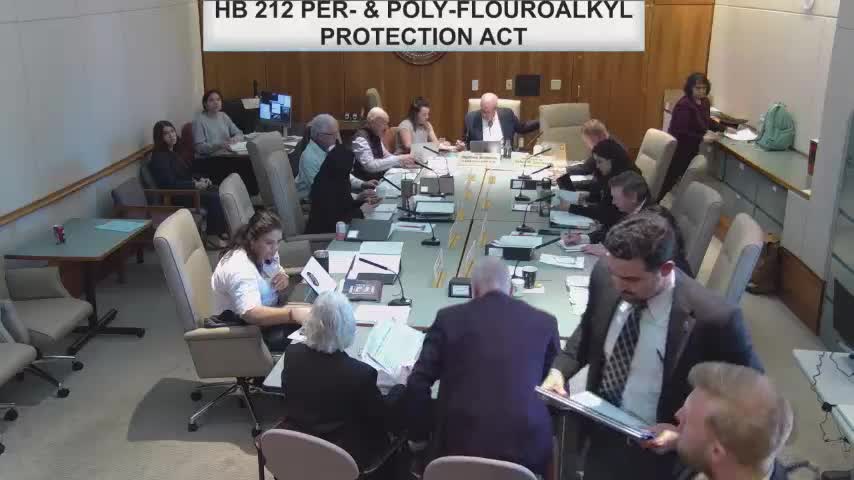
Committee approves bill authorizing strategic forest‑to‑community buffer funding to reduce wildfire risk
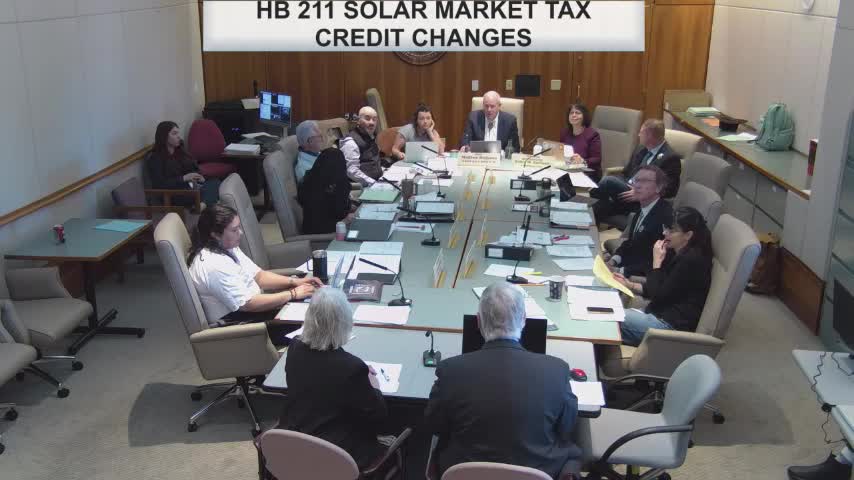
Committee advances tax credit to help vulnerable households buy backup generators after wildfire and outage testimony
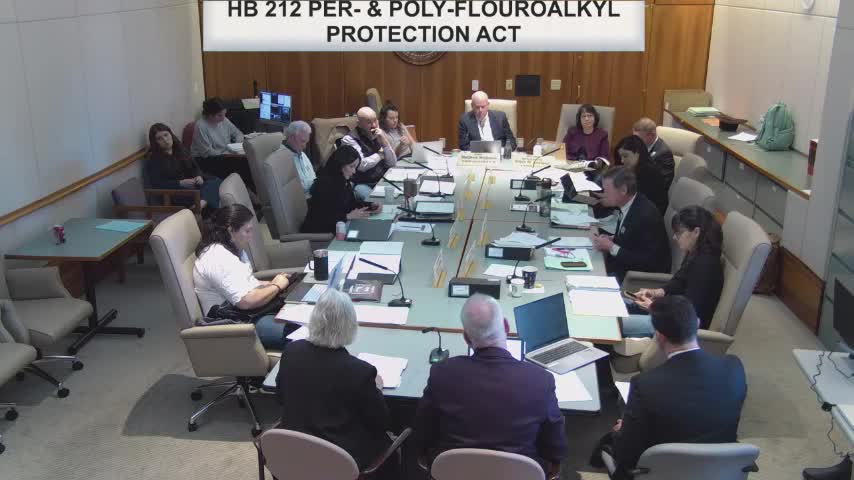
Committee advances school solar tax credit to let installers own systems and cut facility energy costs
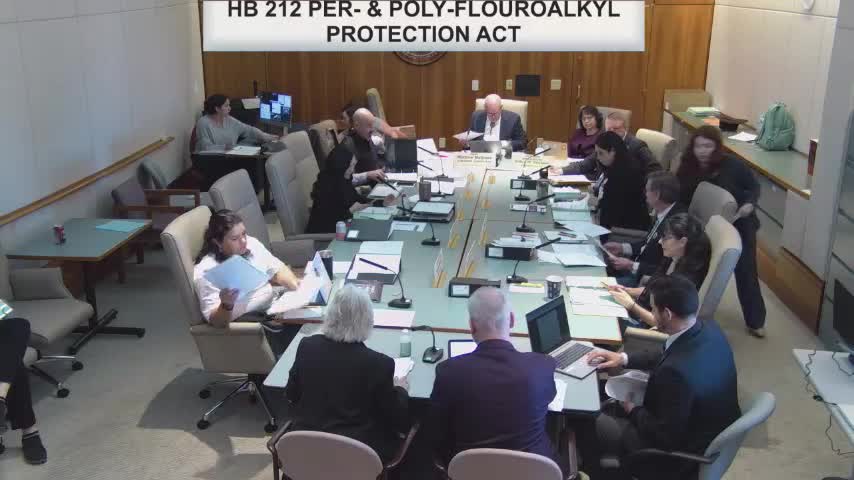
Committee advances change to solar market tax credit to allow power‑purchase agreements and increase market uptake
